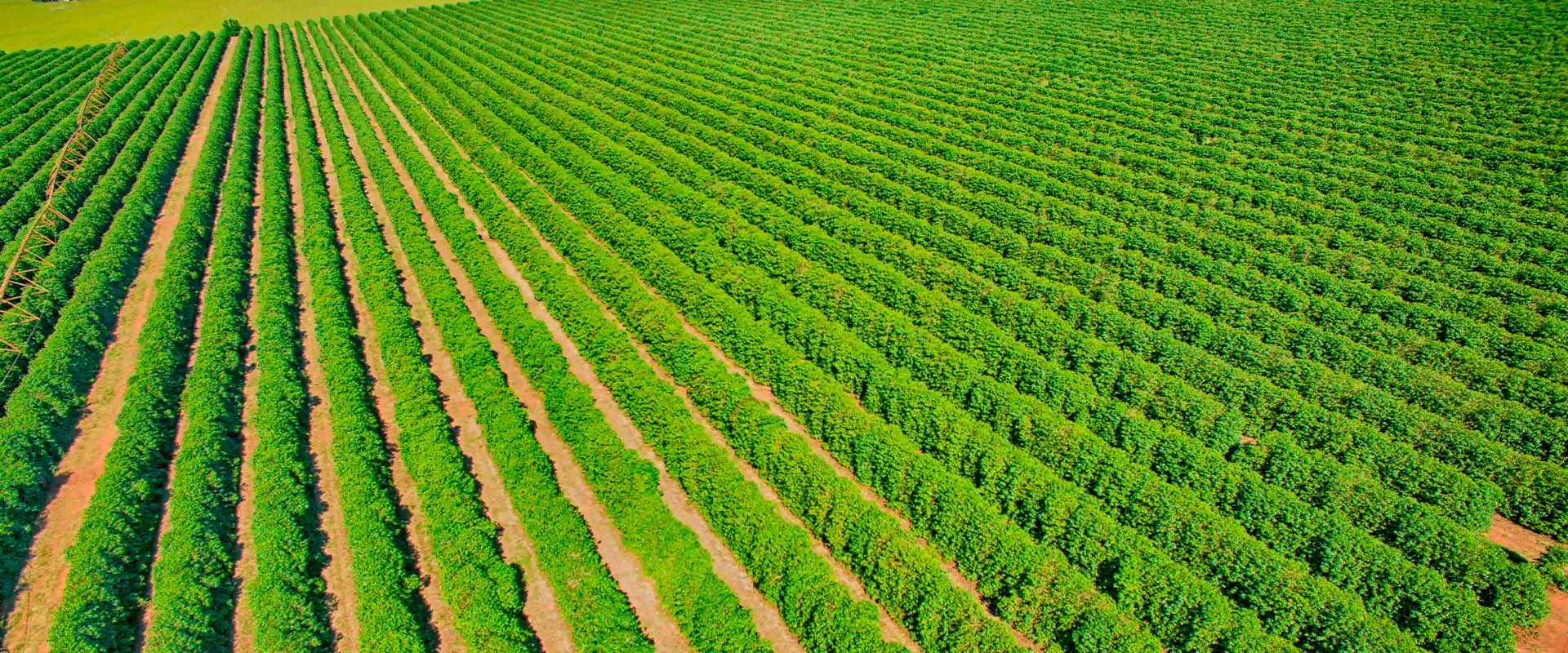
Grain trading company Atlas has raised R$100 million in Brazil this year to expand its "superfoods" business, a market that the big companies in the industry are not venturing into, a company executive said.
Superfoods, or grains with high nutritional value, also include legumes such as lentils, dried beans and chickpeas, and sesame. "Exporters of alternative grains, of superfoods, will be new (entrants)," said Bernardo Garcia, chairman of Atlas, in an interview yesterday (21). "The big tradings are focused on the traditional commodities market."
Practically without competition, Atlas intends to become one of the main Brazilian exporters of these foods, betting that it can prosper in a market niche that grows 4.5% a year and that it identified ahead of the others.
The funds from the Atlas financing round are being used by the Mato Grosso company, founded two years ago, to increase sesame purchases from local farmers.
Atlas is already processing sesame and selling in export markets, where it receives about $1,700 per ton, Garcia said. The completion of Atlas' financing effort comes at a time when producers are beginning to look for new ways to profit from their land.
Domestic sesame production, for example, has been growing by an average of 50% since 2018. The harvest could reach 120,000 tons by 2022 as crops grow rapidly, Atlas said.
Although Brazil remains a small producer of sesame and other types of "superfoods," the country has the potential to be among the world's largest suppliers.
This is because the producers here, who are highly mechanized, are able to scale up production and grow grains with higher added value, surpassing smaller agricultural nations that do not have this competitive advantage, said Garcia.
Brazil's sesame production is still modest compared to Sudan, the world's largest supplier, which harvests 1.5 million tons per year, according to Atlas.
But the country can increase production to 1 million tons in just five years, with the company positioned to export 10% of that, Garcia said.
Source: https://forbes.com.br/forbesagro/2022/09/negocio-de-superalimentos-da-atlas-tem-impulso-com-investida-no-mercado-de-capitais/
Superfoods, or grains with high nutritional value, also include legumes such as lentils, dried beans and chickpeas, and sesame. "Exporters of alternative grains, of superfoods, will be new (entrants)," said Bernardo Garcia, chairman of Atlas, in an interview yesterday (21). "The big tradings are focused on the traditional commodities market."
Practically without competition, Atlas intends to become one of the main Brazilian exporters of these foods, betting that it can prosper in a market niche that grows 4.5% a year and that it identified ahead of the others.
The funds from the Atlas financing round are being used by the Mato Grosso company, founded two years ago, to increase sesame purchases from local farmers.
Atlas is already processing sesame and selling in export markets, where it receives about $1,700 per ton, Garcia said. The completion of Atlas' financing effort comes at a time when producers are beginning to look for new ways to profit from their land.
Domestic sesame production, for example, has been growing by an average of 50% since 2018. The harvest could reach 120,000 tons by 2022 as crops grow rapidly, Atlas said.
Although Brazil remains a small producer of sesame and other types of "superfoods," the country has the potential to be among the world's largest suppliers.
This is because the producers here, who are highly mechanized, are able to scale up production and grow grains with higher added value, surpassing smaller agricultural nations that do not have this competitive advantage, said Garcia.
Brazil's sesame production is still modest compared to Sudan, the world's largest supplier, which harvests 1.5 million tons per year, according to Atlas.
But the country can increase production to 1 million tons in just five years, with the company positioned to export 10% of that, Garcia said.
Source: https://forbes.com.br/forbesagro/2022/09/negocio-de-superalimentos-da-atlas-tem-impulso-com-investida-no-mercado-de-capitais/
